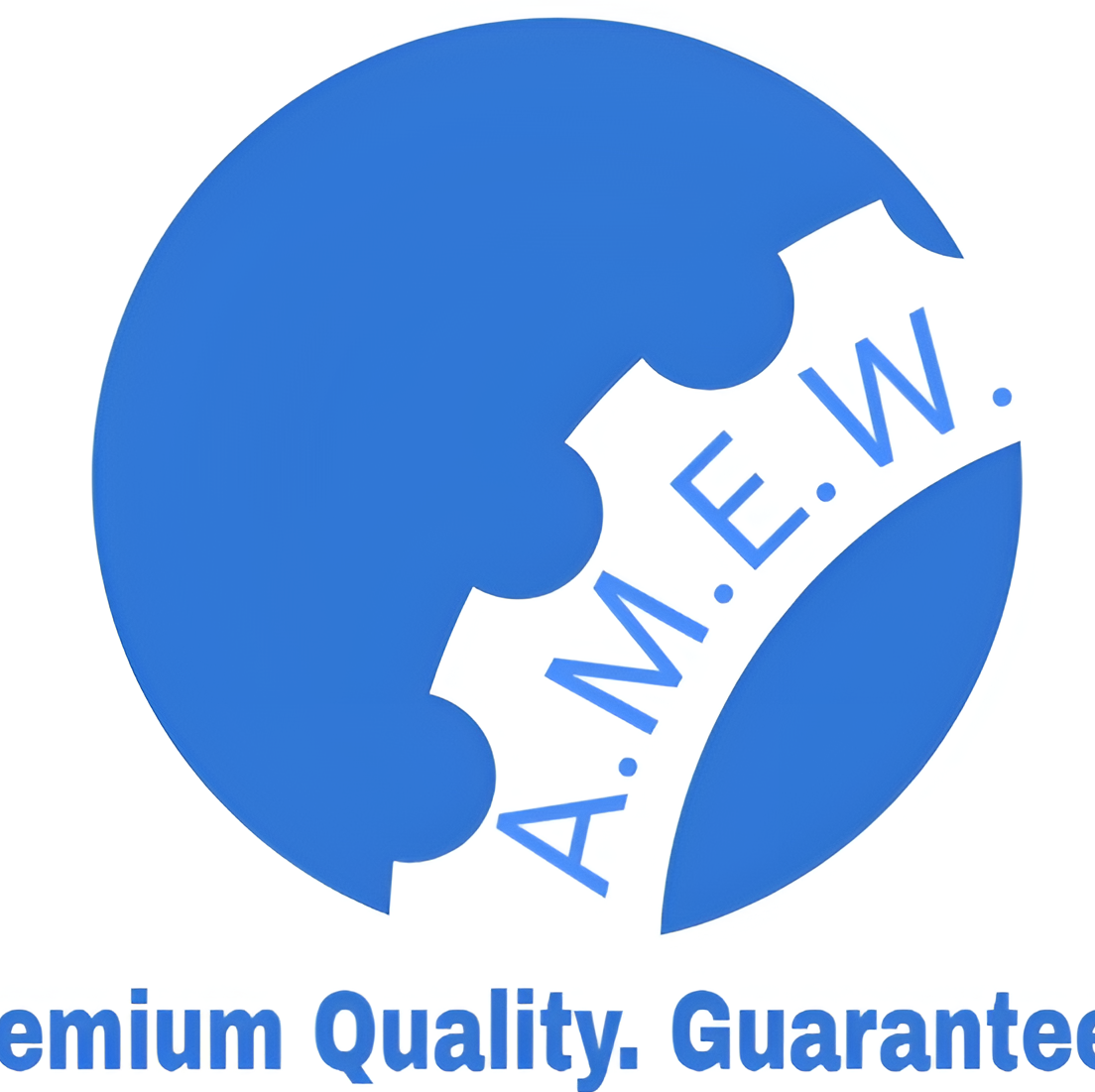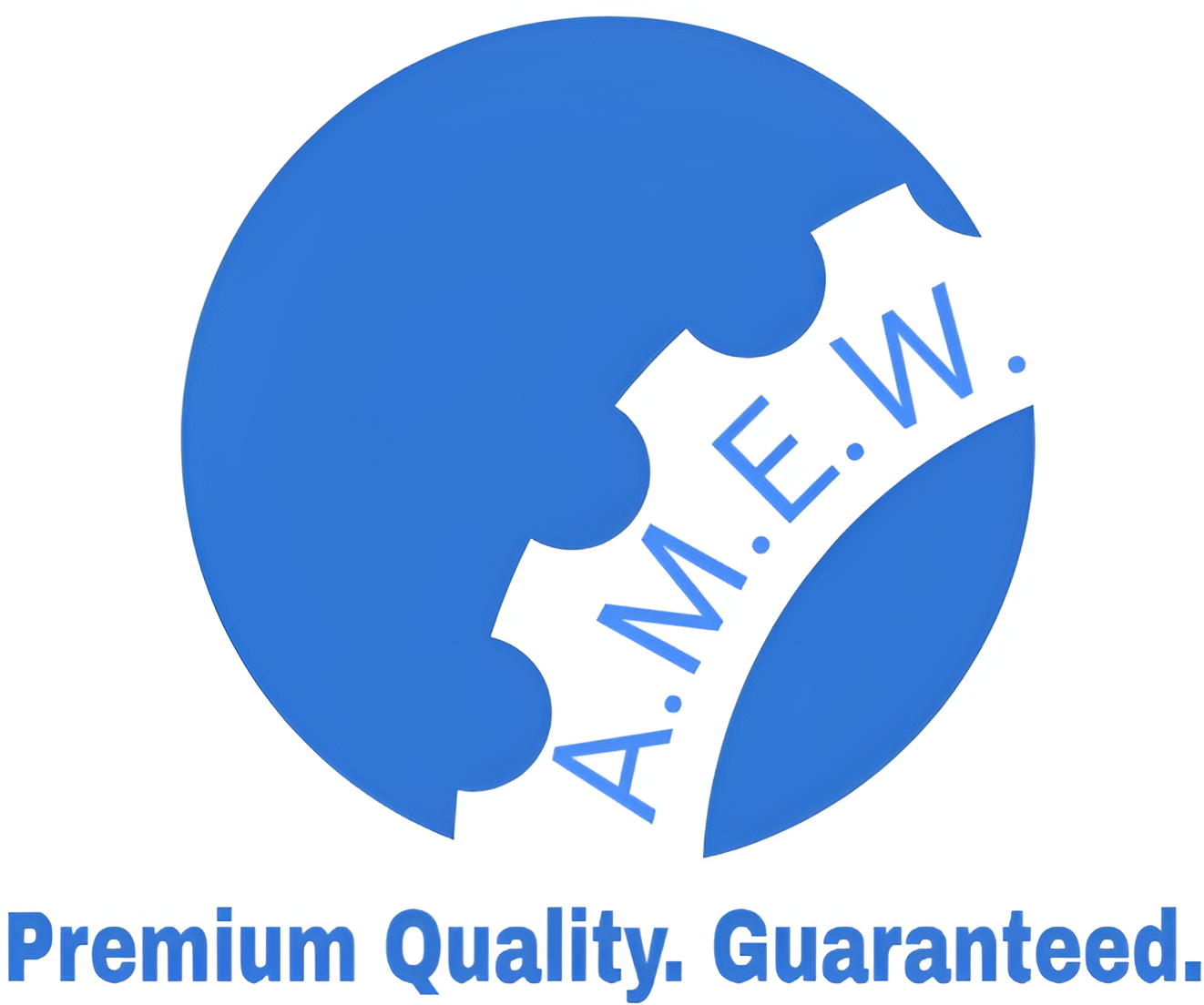The Complete Guide to 16Mo3 Pipe
Pipes serve as critical components across various industries, ensuring safe and efficient transport of gases and liquids. Among the many materials utilized in pipe manufacturing, 16Mo3 pipe stands out for its remarkable performance in high-temperature and high-pressure environments. Designed with specialized properties, this steel alloy has become a preferred choice in sectors such as power generation, petroleum refinery, and chemical processing.
This blog will explore the chemical composition, mechanical properties, and applications of 16Mo3 pipe. Additionally, we’ll cover important topics such as welding considerations, heat treatment, and why this material is such a valuable asset across industries.
Chemical Composition of 16Mo3 Steel
The exceptional properties of 16Mo3 pipe can be attributed to its unique chemical composition. Classified as an alloy steel under EN 10028-2, it contains specific amounts of elements designed to optimize durability, corrosion resistance, and performance under high temperatures.
Here is the primary chemical makeup of 16Mo3 steel:
- Carbon (C): 0.12–0.20%
- Manganese (Mn): 0.40–0.90%
- Molybdenum (Mo): 0.25–0.35%
- Silicon (Si): 0.35% (maximum)
- Phosphorus (P): 0.025% (maximum)
- Sulfur (S): 0.01% (maximum)
Each of these elements serves a specific purpose:
- Molybdenum improves heat resistance, making the steel ideal for high-pressure environments.
- Carbon and manganese increase strength without compromising ductility.
- Silicon enhances oxidation resistance, enabling the pipe to withstand extreme operational conditions.
Together, these elements create a steel alloy that remains stable and reliable, even when exposed to challenging environments.
Mechanical Properties of 16Mo3 Pipe
Another reason 16Mo3 steel is highly valued lies in its impressive mechanical properties. Below is an overview of its key characteristics:
- Tensile Strength: 440–590 MPa
- Yield Strength: At least 240 MPa
- Elongation: Approximately 22–25%
The material demonstrates high tensile and yield strength, meaning it withstands significant stress without fracturing. Its moderate elongation ensures deformability under pressure, making it easier to work with during forming processes.
These mechanical properties make 16Mo3 pipes suitable for demanding industrial applications like high-pressure boilers and heat exchangers, where maintaining material integrity is critical.
Welding Guidelines for 16Mo3 Pipes
Welding 16Mo3 pipe requires specific procedures to ensure optimal performance. Since the material is designed for high-stress and high-temperature environments, improper welding can lead to issues such as cracking or reduced durability.
Here are some key welding recommendations:
- Preheating: Preheat the pipe to 200–300°C before welding to reduce thermal stress.
- Electrodes: Use filler materials compatible with the composition of 16Mo3 steel. Chromium and molybdenum alloy electrodes are often recommended.
- Post-Welding Heat Treatment (PWHT): Conduct heat treatment after welding to improve overall microstructure and stress distribution.
- Welding Techniques: Techniques such as TIG (Tungsten Inert Gas) or MIG (Metal Inert Gas) welding may be used to achieve high-quality welds.
By following such guidelines, the structural integrity of the welded sections can be upheld, maintaining the optimal performance of the pipe across its service life.
Heat Treatment Processes
Proper heat treatment is essential to maximize the performance of 16Mo3 pipes. The following processes are generally recommended for this material:
- Normalizing: Heat the steel up to approximately 900°C, followed by air cooling. This process refines the grain structure and enhances mechanical strength.
- Stress Relieving: Post-weld stress-relief heating at 600–650°C ensures stress dissipation and reduces the risk of cracking.
- Annealing: Used for softening the material, annealing may involve heating the steel to 500–550°C, followed by slow cooling.
These heat treatment techniques not only ensure the durability and stability of the material but also optimize its resistance to stress and thermal load.
Applications of 16Mo3 Pipes
Given its robust composition and properties, 16Mo3 pipe is widely used in industries that demand reliability under extreme conditions. Some of its common applications include:
- Power Plants: Used in boiler systems, heat exchangers, and steam piping due to its excellent heat-resistance and pressure-bearing capabilities.
- Oil and Gas: Used for transporting high-temperature fluids and gases in pipelines and refineries.
- Chemical Processing Industries: Frequently utilized in processing equipment exposed to chemically aggressive environments and elevated temperatures.
- Petrochemical Plants: Plays a vital role in plants where thermal processing equipment requires consistent performance.
These use cases underscore its versatility and importance across multiple industries.
Advantages of Using 16Mo3 Pipes
Why should industries opt for 16Mo3 pipes? Here are some compelling benefits:
- High Thermal Stability: Its composition allows it to maintain structural integrity at elevated temperatures.
- Corrosion Resistance: Added molybdenum ensures long-lasting protection against oxidation and chemical degradation.
- Durability: Suitable for high-pressure environments, ensuring minimal wear and tear over time.
- Ease of Machining: Despite its strength, 16Mo3 steel is ductile and easy to machine, improving overall workability.
- Versatility: Wide range of applications across sectors demonstrates its ability to endure various challenging environments.
These advantages make 16Mo3 pipe an essential material for businesses aiming to optimize durability, efficiency, and cost-effectiveness.
The Key Takeaway
16Mo3 pipe is an industry-preferred material for high-stress, high-temperature, and high-pressure operations. With its robust chemical composition, excellent mechanical properties, and resistance to wear and tear, it has become indispensable across power plants, petrochemical facilities, and beyond.
Whether you need to upgrade your equipment or scale production, 16Mo3 pipe is the solution to reliability and sustainability in industrial applications. For expert consultation or additional resources on how to integrate this material into your operations, don’t hesitate to reach out to our team.

